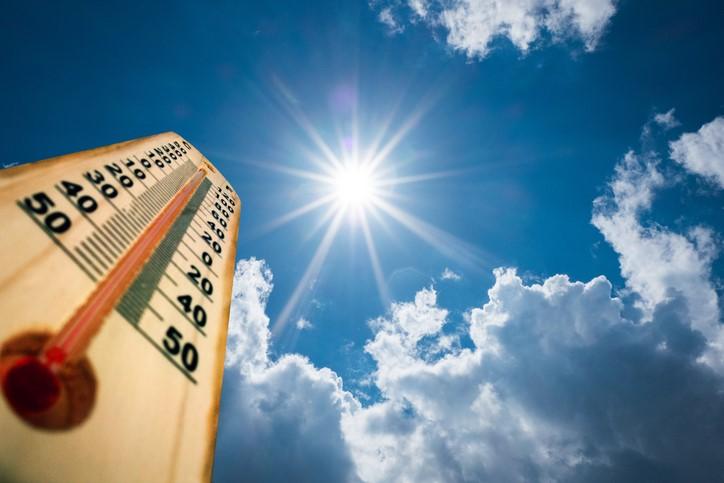
A mathematical modeling study today from the Barcelona Institute for Global Health (ISGlobal) suggests that the risk of hospital death from respiratory illness is higher in warmer, summer months, which may have implications for how hospitals will need to adjust to climate change.
The study is published in The Lancet Regional Health - Europe and is based on data on ambient temperature and in-hospital mortality from respiratory diseases in Madrid and Barcelona from 2006 through 2019.
In Spain, respiratory illness has a winter peak and a summer low. But, the authors wrote, there is little known about seasonal variation in inpatient mortality, a surrogate for hospital performance in relation to severe respiratory events. The study used data on daily hospital admissions, weather, and common air pollutants to compare ambient temperature associations and in-patient mortality.
Deaths peaked in August
The investigators found that summer temperatures accounted for 16.2% and 22.3% of overall fatal hospitalizations from respiratory diseases in Madrid and Barcelona, respectively. Though hospital admissions for respiratory illnesses were highest in cold weather months, case-fatality rates (CFR) peaked in August.
"We saw that the higher CFR in the warm season was mainly driven by pneumonia, acute bronchitis and bronchiolitis, COPD, and, especially, respiratory failure," the authors wrote.
The authors said this finding could be consequential in the face of warming daily temperatures.
The increase in acute respiratory outcomes during heat is more related to the aggravation of chronic and infectious respiratory diseases than to the spread of new respiratory infection.
"This suggests that the increase in acute respiratory outcomes during heat is more related to the aggravation of chronic and infectious respiratory diseases than to the spread of new respiratory infections, which usually take several days to cause symptoms," said Hicham Achebak, PhD, first author of the study in an ISGLOBAL press release. "Unless effective adaptation measures are taken in hospital facilities, climate warming could exacerbate the burden of inpatient mortality from respiratory diseases during the warm season."













